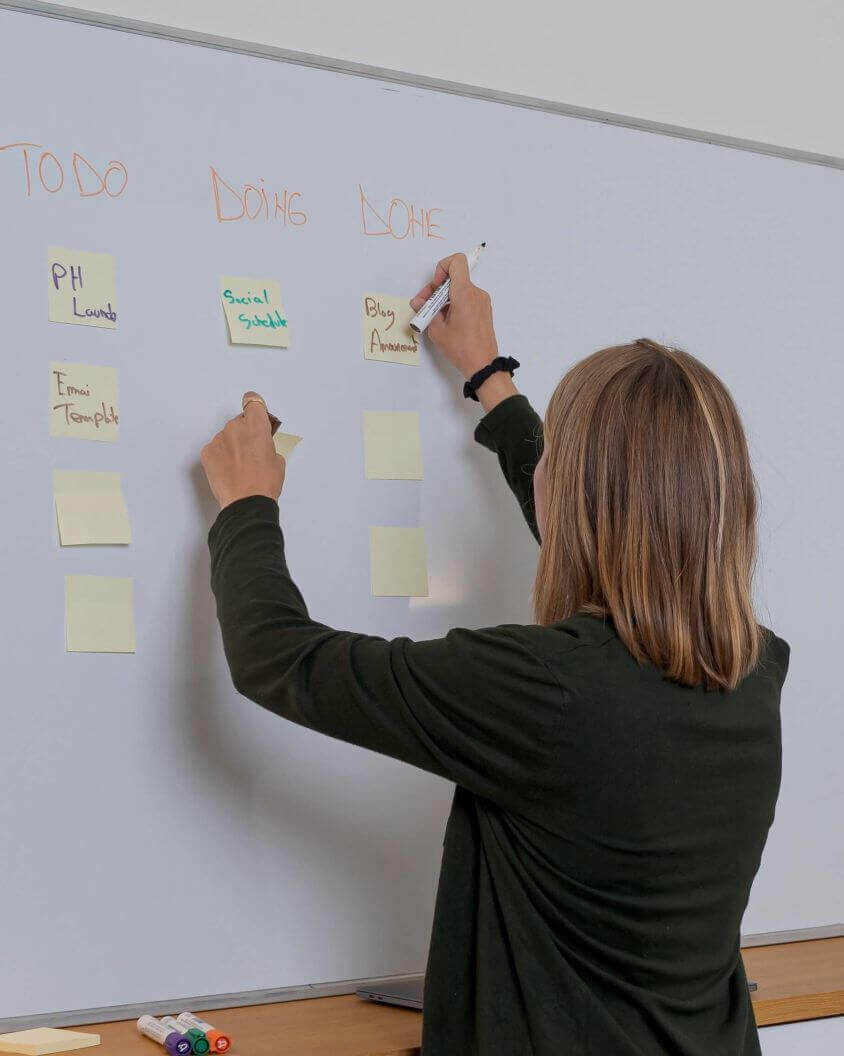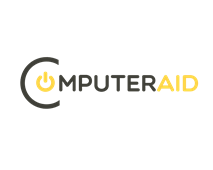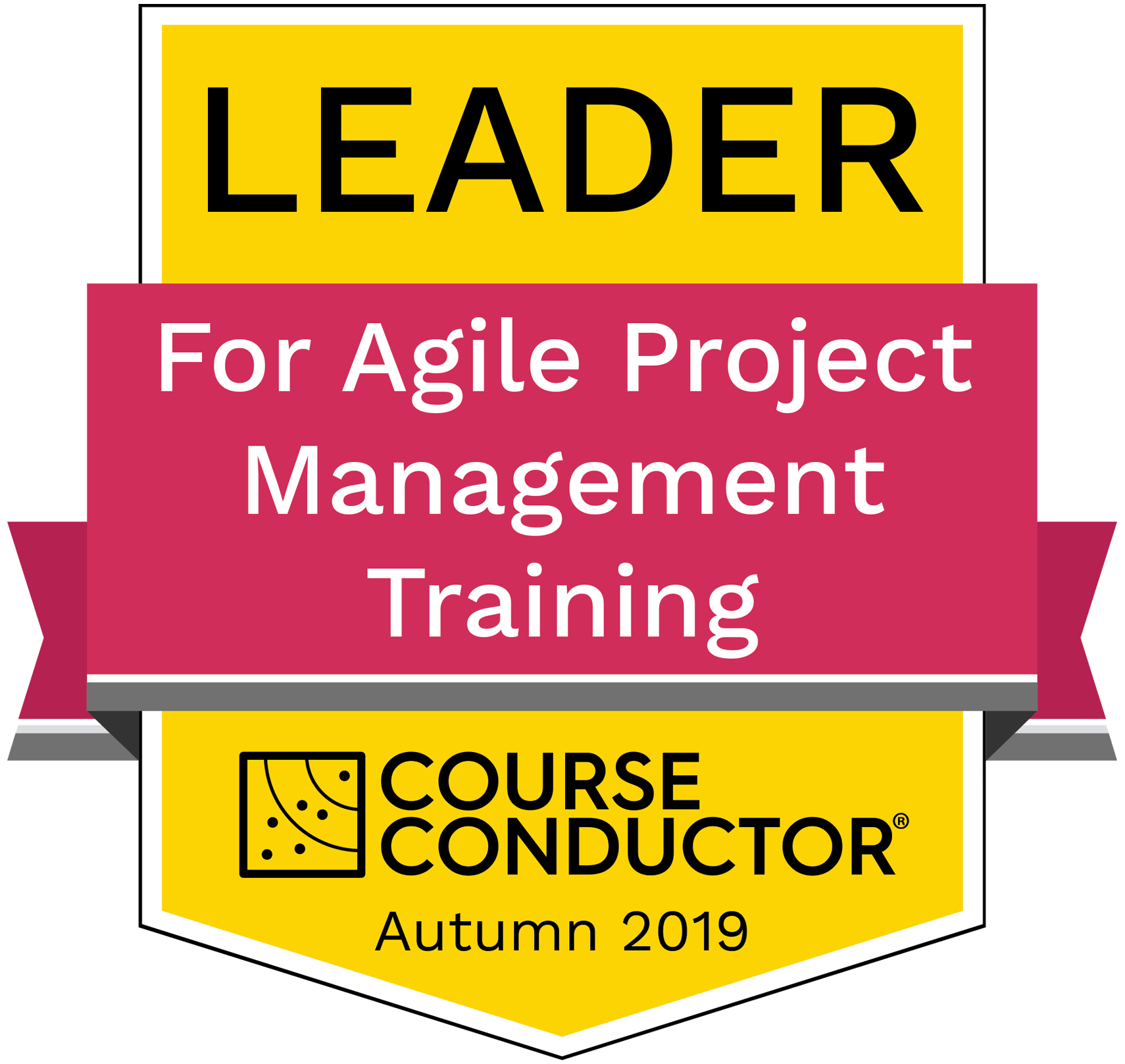Using these tools can streamline solving problems related to business process modelling.
By following these steps and using the suggested tools, you can effectively model and improve your business processes. For more advanced training, consider exploring courses offered by organisations like Knowledge Train to enhance your skills in project management and business process modelling.
Steps to create an effective business process model
Key concepts in business process modelling
Common challenges in business process modelling
Best practices for business process modelling
How can you ensure the quality of your business process models?
To keep your business process models good, use clear documentation. This lets you see where things can get better. Choose process modelling techniques like flowcharts that fit your business needs. Regularly check and update your processes based on feedback from others. Follow standards like BCS to keep high-quality models. Doing these things will help you improve your business processes.
What methods improve business process documentation?
To make your business process documentation better, keep the way you document tasks consistent. Use clear language so everyone understands. Draw diagrams and flowcharts to show steps visually. These help spot problems quickly. Use tools for teamwork and have regular training sessions. Using these methods will make your documentation much better.
How can business process models be continuously improved?
Improving business process models all the time helps keep things efficient. Set up regular reviews to track how things are going and find areas to fix. Let employees suggest changes based on their experience. Encourage a culture of constant improvement. Methods like Lean and Six Sigma can help with this. Getting certifications like BCS shows you aim for excellence. Updating your process models often keeps your business flexible and competitive.
Case studies in business process modelling
What are some real-world examples of effective business process modelling?
Real-world examples show how business process modelling works. For example, Company A used process mapping to make their supply chain better, boosting efficiency by 20%. Company B used BPMN techniques to speed up customer service, cutting response times by 15%. These case studies show that clear process models lead to big improvements.
How has BCS certification improved business outcomes?
BCS certification helps improve business results. Certified professionals bring more skills and a standard way to model processes, making them more effective. One company saw a 25% boost in project delivery times after getting BCS certification. Benefits include better problem-solving and a structured approach to improving processes, which helps overall business outcomes.
What lessons can be learned from successful business modelling projects?
Successful business modelling projects teach valuable lessons. Involving stakeholders is key. Getting input from everyone involved leads to better models. Using the right modelling techniques for each project also helps. Keeping documentation consistent and reviewing it often are important. Learning from these projects can help you adopt best practices, making your own process modelling efforts more effective.
Advanced techniques in business process modelling
What are the advanced modelling techniques?
Business process modelling means creating maps or diagrams of workflows. Advanced modelling techniques help business analysts understand and improve these processes. These techniques use special tools and software to model business processes accurately. By writing down each task, analysts can spot areas that need fixing. Using advanced modelling makes it easier to see complex processes and find better ways to handle them.
How can simulation improve business process models?
Simulation is a great tool for improving business process models. By testing different scenarios, business analysts can see how changes affect performance. This helps in noting tasks and understanding the context of various elements in a process model. Simulations let you test ideas and design better processes before putting them into action. A good simulation gives useful insights, making it important for trainers and supporting staff who need to understand and apply new business processes.
What role does data analysis play in business process modelling?
Data analysis is very important in business process modelling. It helps business analysts gather key information about processes and organisational elements. By studying data, analysts can develop and apply effective strategies. Data analysis provides context for understanding different methods and levels needed for noting tasks. With proper study material and analytical skills, analysts can create accurate process models that support project goals.
Integration of BCS Business Process Modelling in different industries
How is business process modelling applied in healthcare?
In healthcare, business process modelling helps in management and improving processes. Healthcare organisations use these models to note tasks and streamline operations. Business analysts develop skills to handle different elements and assumptions in the medical field. Applying business changes in healthcare needs understanding the context and project needs. Certifications like ITIL Foundations and PRINCE2 Foundation can further improve skills for those involved in process modelling in healthcare.
What are the applications of business process modelling in finance?
Finance sectors gain a lot from business process modelling. Financial institutions use these models to manage projects and improve business processes. Noting tasks and understanding organisational elements are key activities. Business analysts in finance design and develop better workflows by applying business changes. Certifications like PRINCE2 Practitioner and ITIL Foundation can be helpful for mastering finance-related process models. Understanding the context and assumptions in financial projects ensures effective results.
How can manufacturing benefit from business process modelling?
Manufacturing industries also benefit from business process modelling. By noting and studying business processes, manufacturers can improve efficiency. Business analysts work on different elements and tasks related to production environments. Developing and applying business changes needs understanding organisational contexts and making correct assumptions. Certifications like ITIL Foundations and PRINCE2 Practitioner provide valuable knowledge for modelling business processes in manufacturing. Proper process models help in achieving project success and operational improvements.
Using these techniques and integrating business process modelling across various industries can greatly improve workflows and efficiency. For more training and expertise, companies like Knowledge Train offer valuable resources and certifications.
Future trends in business process modelling
What are the emerging trends in business process modelling?
Business process modelling is changing with new trends. One main trend is using better modelling tools. These tools help improve business processes by making them easier to see and analyse. Training on these new tools is very important for continuous improvement. Also, using new technology helps to make business process modelling more efficient.
How will AI and Machine Learning impact business process modelling?
AI and machine learning will change how we do business process modelling. AI helps automate tasks, making them faster and more efficient. With machine learning, we can predict outcomes by analysing data. This makes business decisions better and improves overall efficiency. Businesses can use these advancements to make better process improvements and decisions.
What innovations are expected in business process management tools?
There are many new innovations in business process management tools. New software and features are being developed to make these tools work better. These innovations include better workflow automation and process optimisation. Technology is helping make tools more advanced to handle complex business needs. The latest innovations aim to improve tool development and integrate with current systems smoothly.
Conclusion and next steps
What resources are available for further learning?
There are many resources to learn more about BCS business process modelling. Books, online courses, and workshops are great for expanding your knowledge. Knowledge Train offers extra learning materials and e-learning for professional development. These resources help you understand and apply your skills in real-life scenarios.
Key insights
- We specialise in BCS modeling business processes and provide resources for creating process models, including the POPIT framework and various organizational elements.
- Our curriculum offers both foundational and practitioner courses with exam prep materials and certification training for professionals in the UK and globally.
- We offer budget-friendly e-learning options like virtual classrooms and study materials, helping practitioners improve their management skills and earn certifications like ITIL and Prince2.
- Experience industry-recognized and globally acknowledged certification programs designed for certified project managers and trainers who want to boost their credentials.
- Our London-based team provides extensive resources, including information on certification courses, manager training programs, and professional certification.
- Book certified trainer-led sessions in various formats, including physical and virtual classrooms, for flexible learning experiences tailored to individual needs.
- Join our expert team and become a member of the Knowledge Train community, gaining access to exclusive offers, updated training materials, and industry insights.
- Learn about the assumptions and elements critical to effective business process modeling with detailed guides and affordable study materials suitable for all budgets.
More FAQs
What is BCS Modelling Business Processes?
BCS Modelling Business Processes is a training course. It helps you learn how to model and study business processes. The course includes exams for certification.
How can I book a BCS Modelling Business Processes exam in the UK?
You can book the exam on our website. We offer classroom-based and virtual options in cities like London.
What are the costs involved in the BCS Modelling Business Processes course?
The costs include the course fee, exam fee, and VAT. Check our website for detailed pricing.
Is there any certification offered upon completing the BCS Modelling Business Processes course?
Yes, after completing the course and passing the exam, you will get an internationally recognized certification.
Who is eligible to take the BCS Modelling Business Processes course?
The course is good for people involved in change management, business finance, project management, design, and ITIL certification.
Are there study materials provided for the BCS Modelling Business Processes course?
Yes, we provide study materials, including guides on process modeling, practice exams, and other resources.
Do you offer e-learning options for the BCS Modelling Business Processes course?
Yes, we have an e-learning version. You can complete it at your own pace from anywhere in the world.
What is included in the BCS Modelling Business Processes workshop?
The workshop includes hands-on practice, expert guidance, and interactive sessions to improve your learning.
Can I get a diploma through the BCS Modelling Business Processes course?
Yes, completing the course and passing the exam can help you earn a diploma in business analysis or related fields.
Do you provide any assistance with exam preparation for the BCS Modelling Business Processes certification?
Yes, we offer mock exams, trainer support, and guided study materials to help you prepare.
Is the BCS Modelling Business Processes certification globally recognized?
Yes, the certification is recognized worldwide. It’s valuable for expanding your career opportunities.
What is the difference between classroom and virtual classroom options?
Classroom options require attending in person in cities like London. Virtual classrooms allow you to join live sessions online from anywhere.
Do you have any FAQs or additional information about the BCS Modelling Business Processes course?
Yes, our website has a FAQ section where you can find more details about the course, exam, and certification.
How does the BCS Modelling Business Processes course help with change management?
The course teaches you skills to model business processes, which helps in implementing change management strategies.
What is the role of a certified trainer in the BCS Modelling Business Processes course?
A certified trainer guides you through the course, offers expert insights, and helps you understand key concepts for the exam.
How do I compare the BCS Modelling Business Processes course to other certifications like PRINCE2 or ITIL Foundation?
The course focuses on business process modeling, while PRINCE2 and ITIL Foundation cover project management and IT service management topics. Each serves different needs.
Are there any prerequisites for taking the BCS Modelling Business Processes exam?
There are no strict prerequisites, but having a background in business analysis or process modeling helps.
What types of process models are covered in the BCS Modelling Business Processes course?
The course covers flowcharts, data flow diagrams, and business process modeling notation (BPMN).
Can I take the BCS Modelling Business Processes course if I’m outside the United Kingdom?
Yes, you can choose our virtual classroom or e-learning options, which are available globally.
23jigsz134














